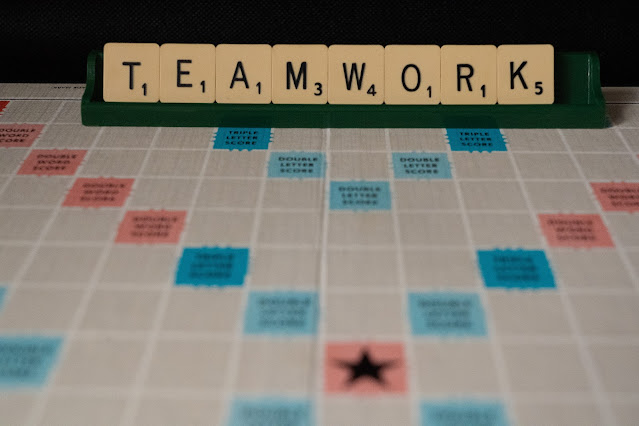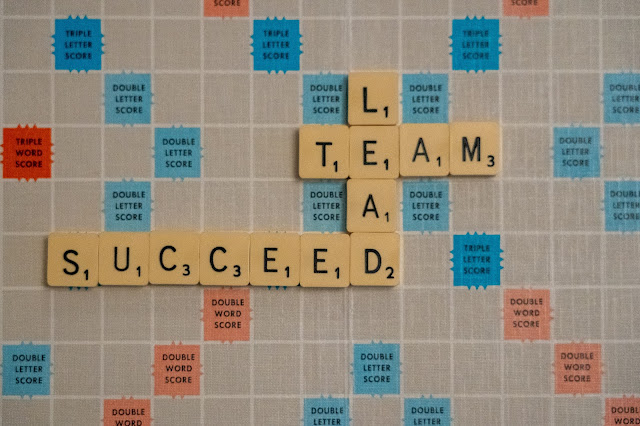Technical Blogging session at ElaConf 2016
This is probably going to be one of several blog posts related to ElaConf. It's a wonderful conference for empowering women in tech that took place in Philly for the second time recently. One of the breakout sessions at ElaConf was on Technical Blogging which was run by Vaidehi Joshi (@vaidehijoshi). Here are my takeaways from that session.
We started off by reading Julia Evans' blog post on processes. Vaidehi asked us to take a few minutes to read it and discuss with a partner. Here are some things that stood out to us in the blog post:
We also took some time doing a fun exercise, with one of us pretending to be a student and the other a teacher. The teacher had to describe "opening a Facebook account to someone who has not used a computer before". This was fun. As a student, I pretended to not know what a computer or Facebook was which made it harder for my partner to describe the solution.
The point of both the exercises was to figure out how to teach others a new technical concept effectively. This is where storytelling comes in. An effective technical blog post hooks the reader by getting them invested in the problem and then interested in how a solution was figured out.
Vaidehi suggests coming up with a goal. Her goal was to blog once a week every year. She picked Tuesday as her day to blog and called it Technical Tuesdays so that she produced a blog post every week on that day.
For various reasons. A lot of times, documentation is lacking in tech. Blogging helps you communicate your ideas, helps you grow as a programmer and makes you a better teacher. It is also an awesome resume and has a great impact on your career. It does not matter who is reading as long as you write for yourself. People will stumble upon it when searching for something and might find the solution they are looking for, and could end up reaching out to you with questions.
We started off by reading Julia Evans' blog post on processes. Vaidehi asked us to take a few minutes to read it and discuss with a partner. Here are some things that stood out to us in the blog post:
- Conversational
- Matter of fact
- Formatted Code snippets
- Author's personality shows in the code comments
- Condensed scope, author links to external content for more research
- Good introduction to the topic even for a newbie
We also took some time doing a fun exercise, with one of us pretending to be a student and the other a teacher. The teacher had to describe "opening a Facebook account to someone who has not used a computer before". This was fun. As a student, I pretended to not know what a computer or Facebook was which made it harder for my partner to describe the solution.
The point of both the exercises was to figure out how to teach others a new technical concept effectively. This is where storytelling comes in. An effective technical blog post hooks the reader by getting them invested in the problem and then interested in how a solution was figured out.
"Human beings at our core love stories." @vaidehijoshi on why tech needs more storytellers. #technicalblogging #elaconf— Candace Worthen (@CandaceWorthen) November 5, 2016
So where do you get started with technical blogging?
- Start with things you want to learn
- Things that you've already learned
- Side Projects
- Features you built or designed
- What's new in technology
- Weird bugs and how you solved them
How do you make it a habit?
Vaidehi suggests coming up with a goal. Her goal was to blog once a week every year. She picked Tuesday as her day to blog and called it Technical Tuesdays so that she produced a blog post every week on that day.
Wait, why should you blog?
For various reasons. A lot of times, documentation is lacking in tech. Blogging helps you communicate your ideas, helps you grow as a programmer and makes you a better teacher. It is also an awesome resume and has a great impact on your career. It does not matter who is reading as long as you write for yourself. People will stumble upon it when searching for something and might find the solution they are looking for, and could end up reaching out to you with questions.
Looking forward to writing more technical posts!Write for yourself. Who knows it could be helpful to someone else, maybe yourself years later. @vaidehijoshi @elaconf #elaconf pic.twitter.com/1lsXcS1lEY— Yash Prabhu (@yashvprabhu) November 5, 2016
Slides from Vaidehi's breakout session are available here.



Comments
Post a Comment